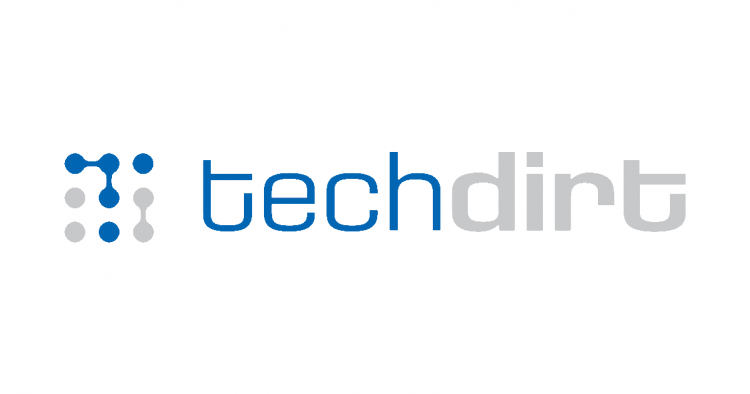from the screw-the-customers dept
Long-time readers here will know that one of the consistent themes over the years when it comes to video game DRM has been the absolute plethora of anecdotal stories you get about how DRM screwed up the playing experience for legitimate customers. Performance issues, inability to play online or single-player campaigns due to DRM failures, intrusive kernel-level access issues; the list goes on and on.
Well, if you’ve been paying attention over the last couple of years, anti-cheat software is quickly becoming the new DRM. Access to root layers of the computer complaints, complaints about performance effects, complaints about how the software tracks customer behavior, and now finally we have the good old “software isn’t letting me play my game” type of complaint. This revolves around Kotaku’s Luke Plunkett, whose writing I’ve always found valuable, attempting to review EA’s latest FIFA game.
I have reviewed FIFA in some capacity on this website for well over a decade, but regular readers who are also football fans may have noticed I haven’t said a word about it this year. That’s because, over a month after the PC version’s release, I am still locked out of it thanks to a broken, over-zealous example of anti-cheat protection.
Publisher EA uses Easy Anti-Cheat, which has given me an error preventing me from even launching the game that every published workaround—from running the program as an administrator to disabling overlays (?) to editing my PC’s bios (??!!)—hasn’t solved. And so for one whole month, a game that I own and have never cheated at in my life, remains unplayable. I’ve never even made it to the main menu.
Well, gosh golly gee, that sure seems like a problem. And Plunkett isn’t your average FIFA customer. He’s a professional in the gaming journalism space and has reviewed a metric ton of games in the past. If he can’t get into the game due to this anti-cheat software, what hope does the average gamer have?
He goes on to note that FIFA isn’t the only game with this problem. EA also published Battlefield 2042, which Plunkett notes at least lets him boot into the game menu and allows him to play the game for a few minutes before it freezes up entirely. The same anti-cheat software appears to be the issue there as well.
Now, console gamers may chalk this all up to the perils of PC gaming. But that is, frankly, bullshit. This isn’t a hardware problem. It’s a publisher and software problem.
To be clear, I’m not posting this as some kind of isolated, woe-is-me personal account. FIFA 23’s problems are very widespread, to the point it affected other outlet’s reviews, and in this line of work, across all the games and platforms we make use of, we run into hiccups and errors all the time that go unremarked because, well, that’s just life.
Here, though, I think the cause of the issues being an external thing just makes it so much more annoying. And EA are far from the only ones affecting users with heavy-handed measures. Look at Activision, with a frankly ridiculous mobile phone requirement for its latest games that was walked back on Overwatch, but which remains in place for Modern Warfare 2’s impending launch. It means that huge numbers of people, legitimate customers who wanted to buy the game and play it fairly, will be prevented from doing so because of their…phone plans. Then there’s Bungie, who saw innocent players accidentally banned—an extreme punishment!—earlier this month when their own anti-cheat went awry, while some Apex Legends players were booted for the same reason in August.
Everyone understands why publishers want to use anti-cheat software. Cheating in the online versions of these games takes away from the fun and experience from those who aren’t cheating goons. But when the cure is worse than the disease, which obviously is the case when the anti-cheat software simply breaks the game for paying customers, then it should be obvious that this strategy isn’t working.
Put another way, there’s certainly cheating going on in these games, but it seems like the anti-cheat software is the one cheating customers out of the games they bought.
Filed Under: anti-cheat software, cheating, customer experience, drm, easy anti-cheat, video games
Source by www.techdirt.com






























